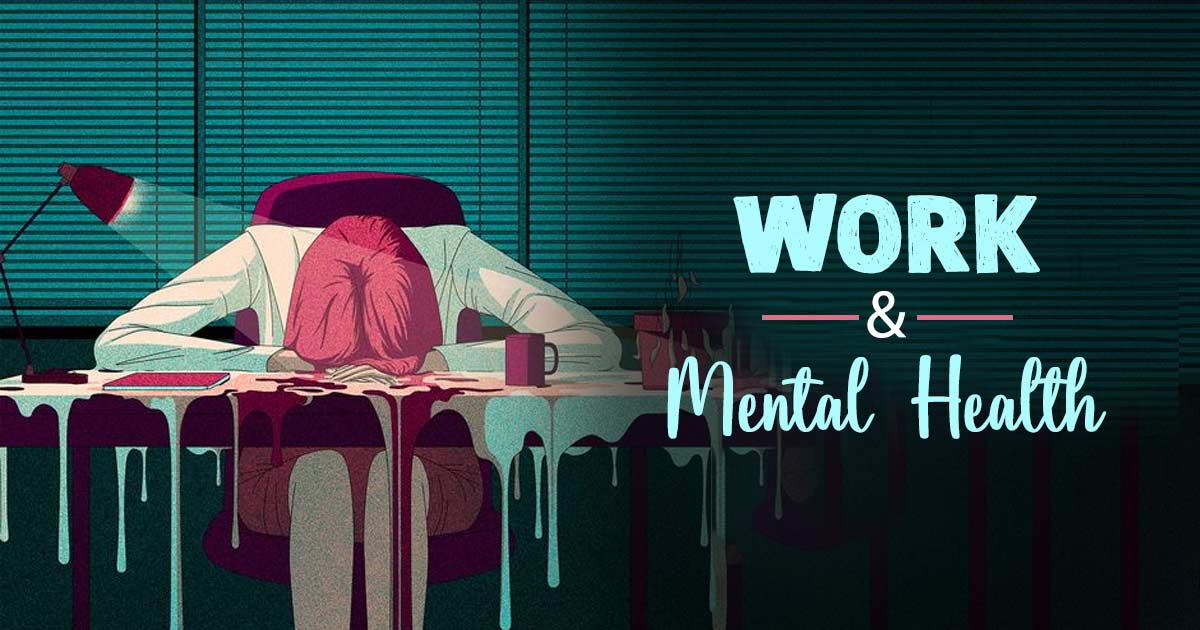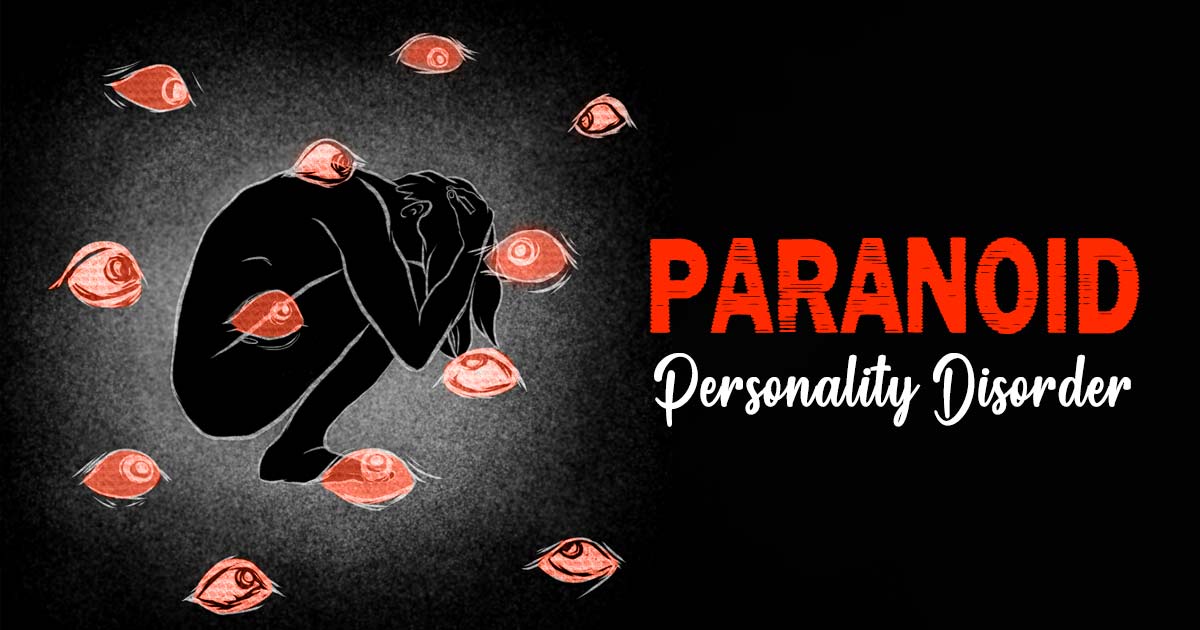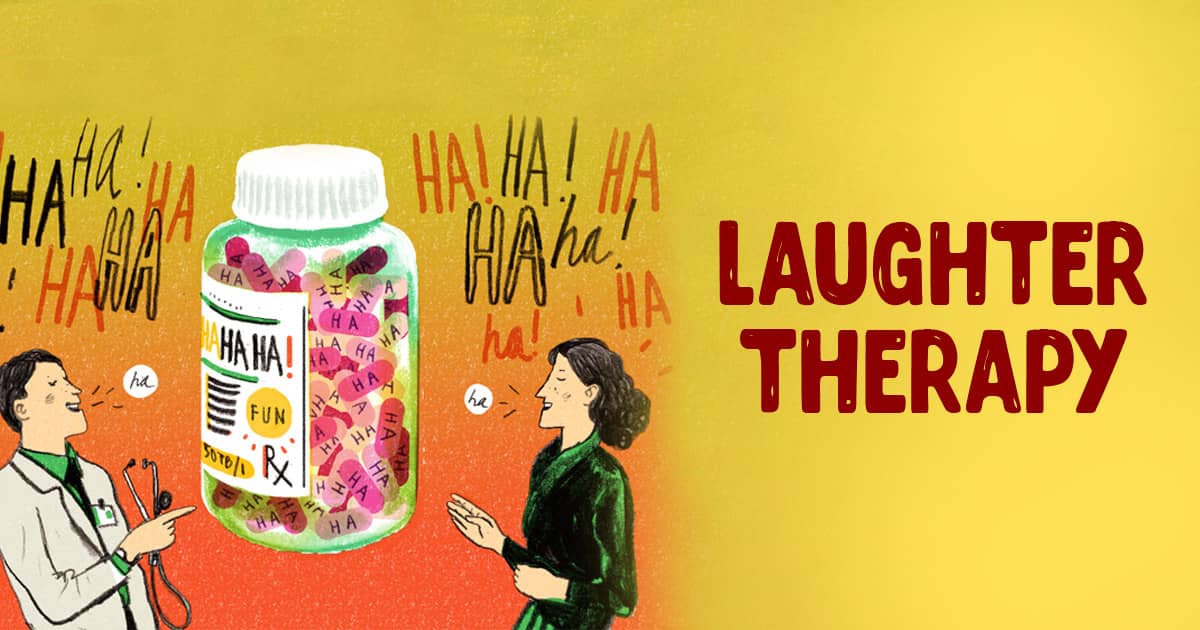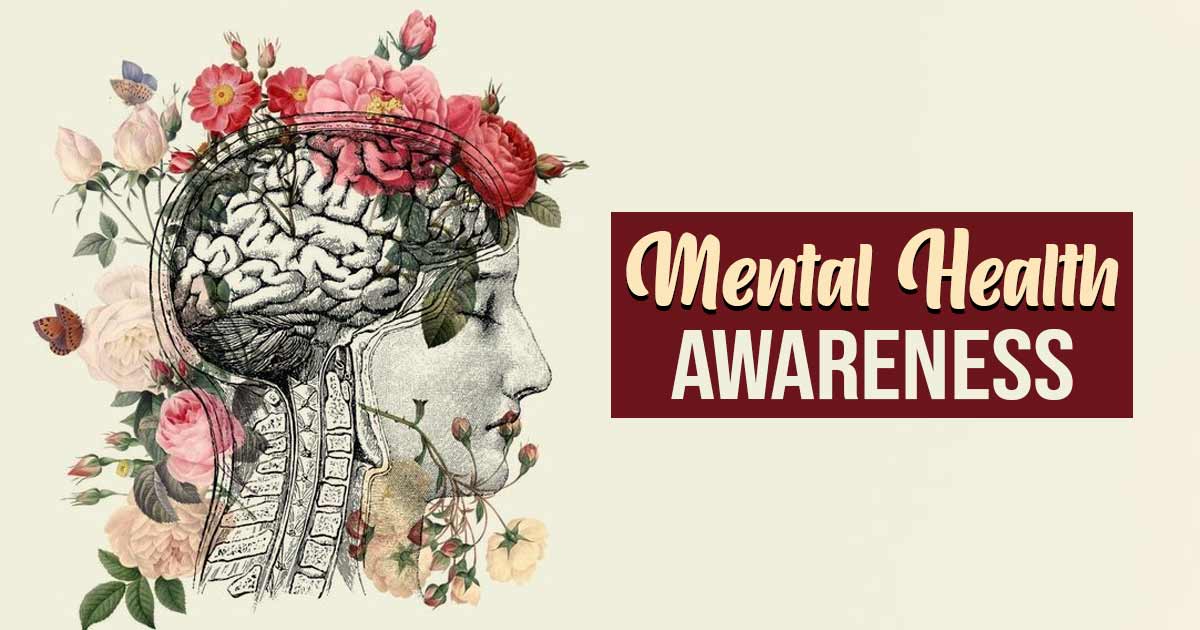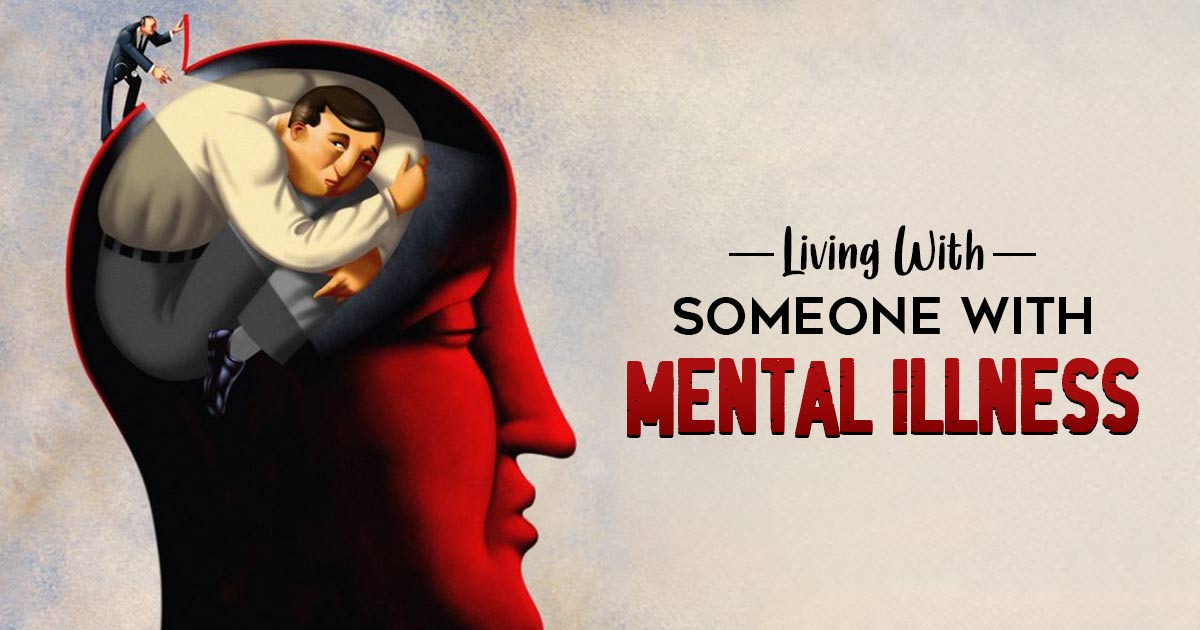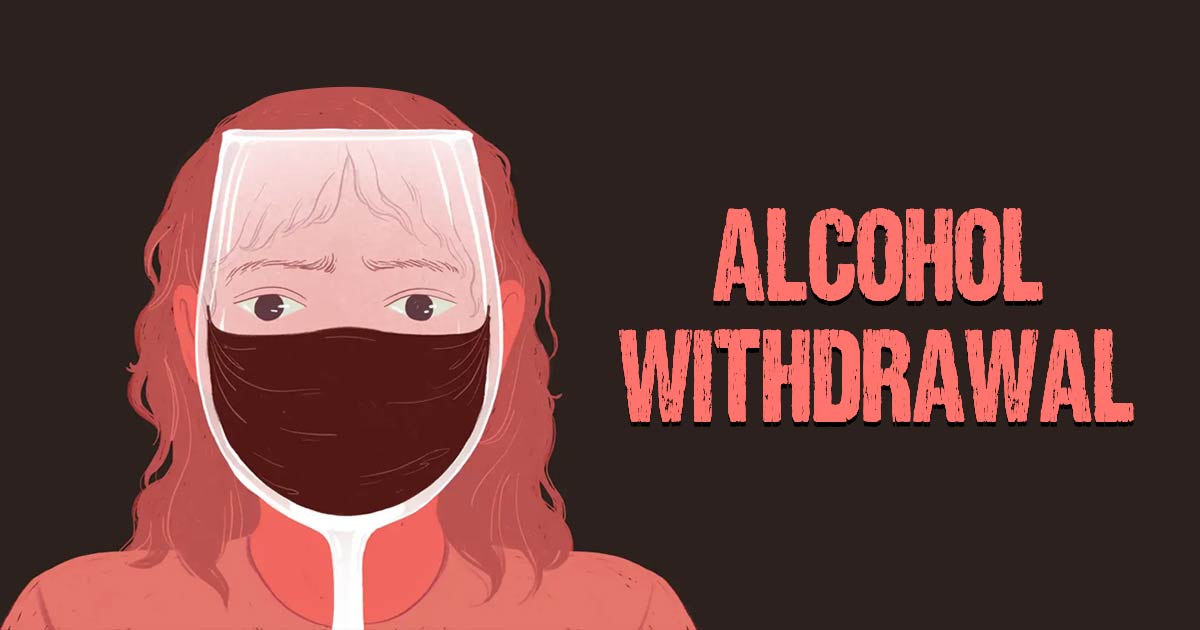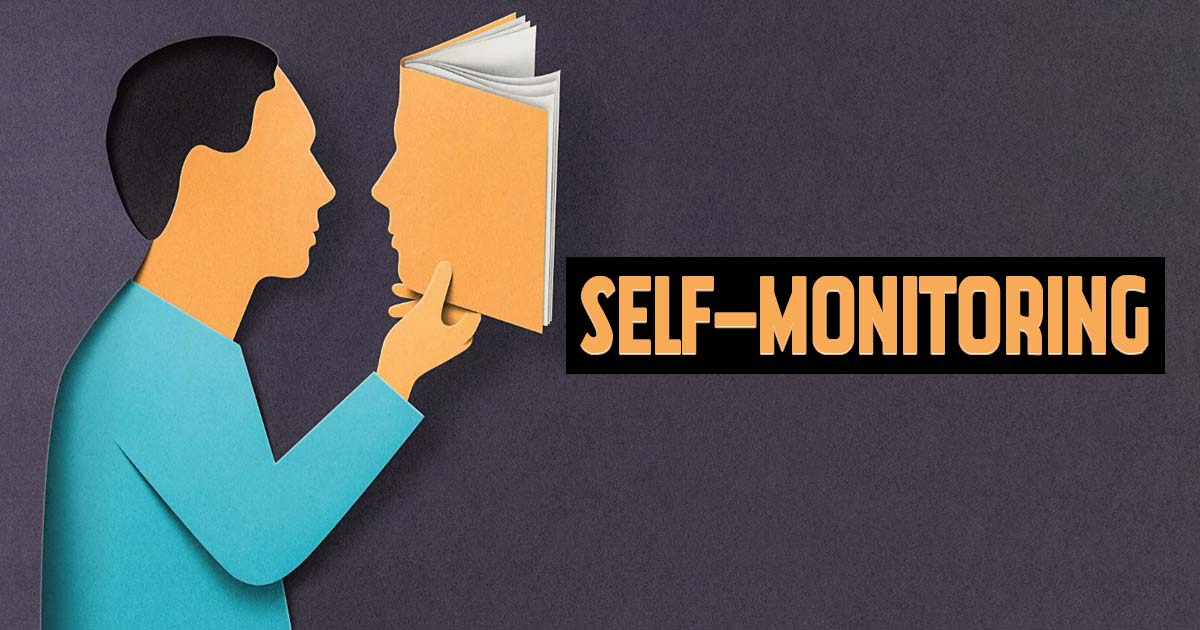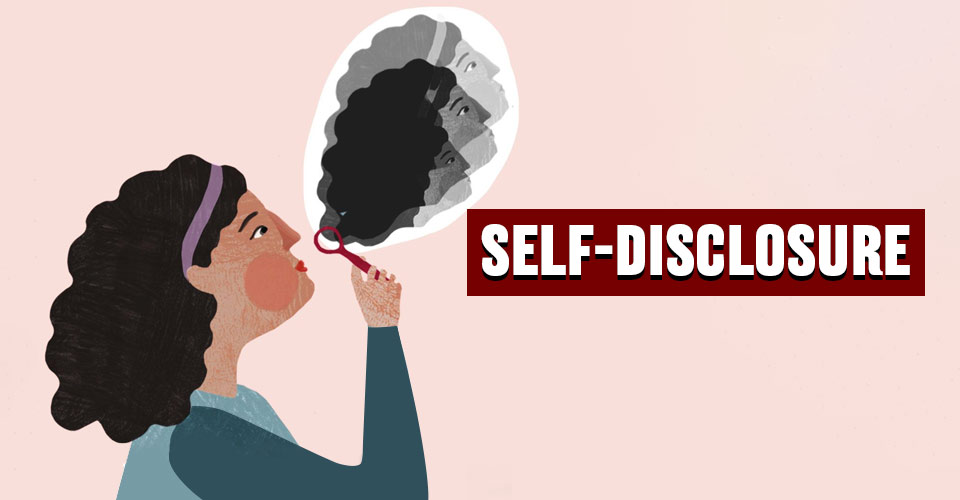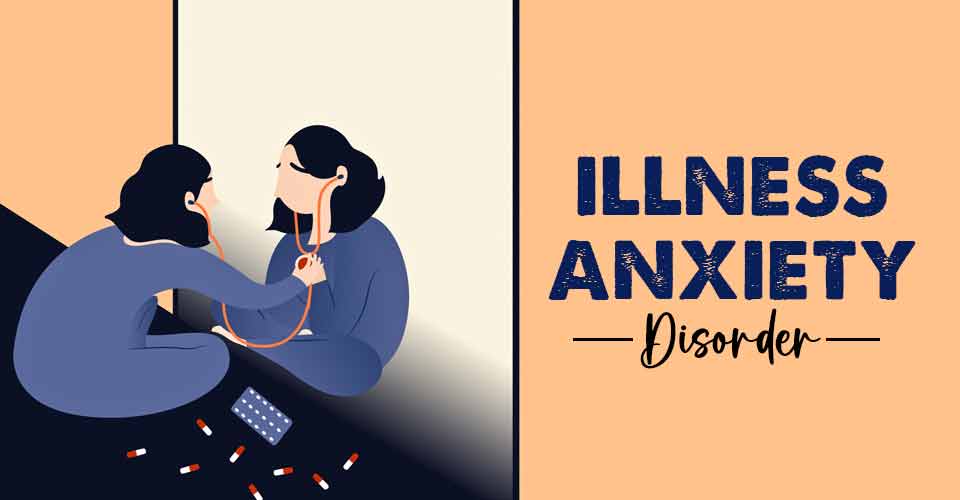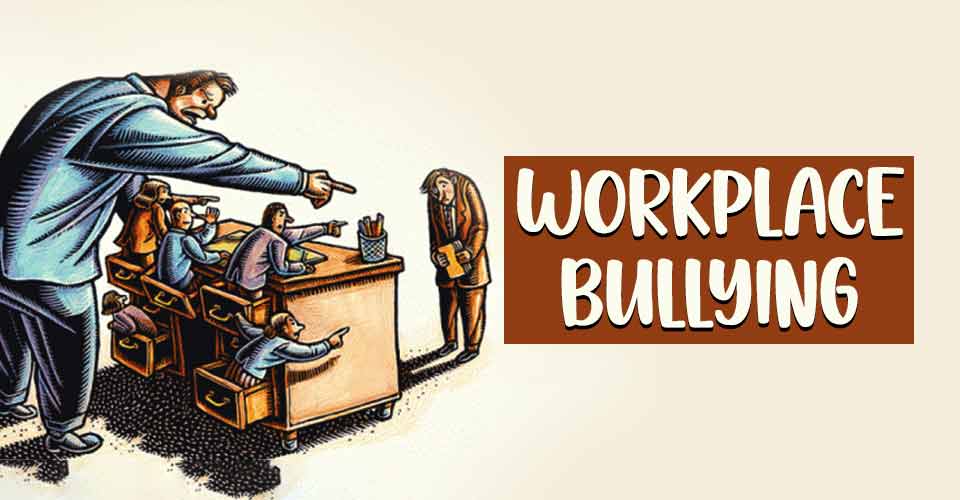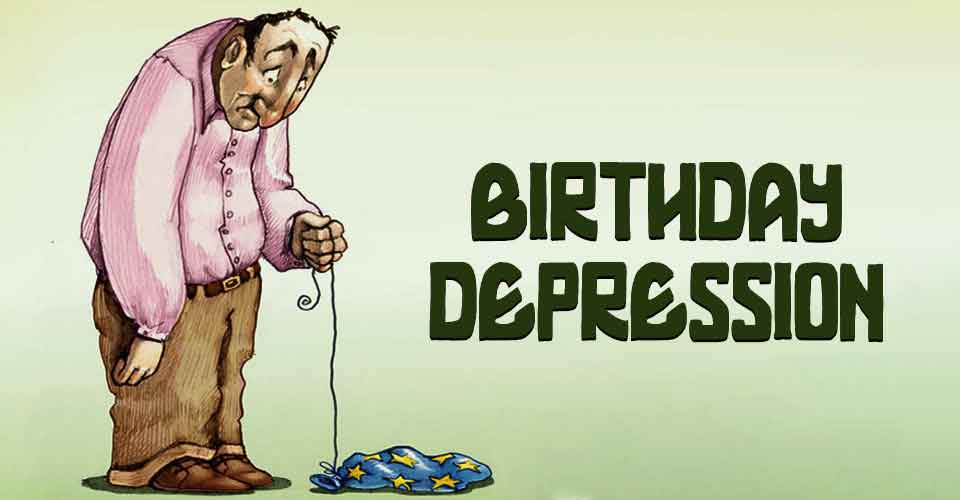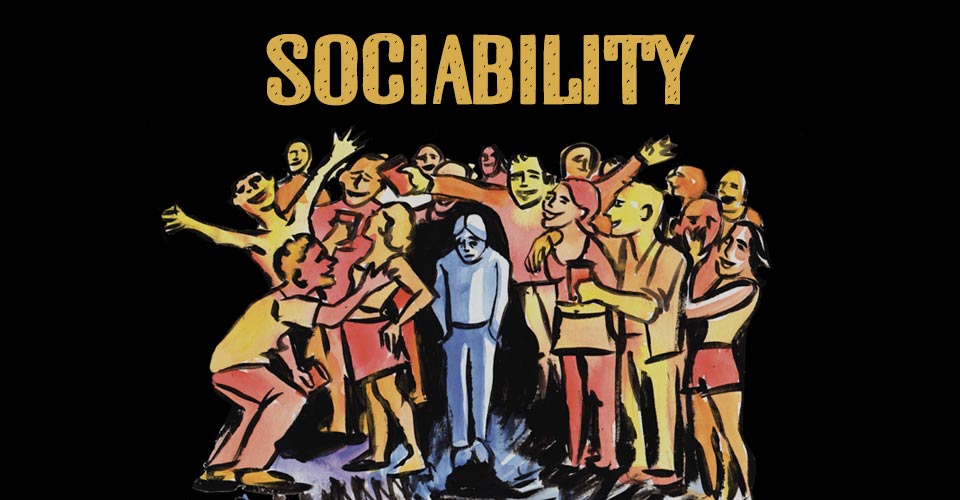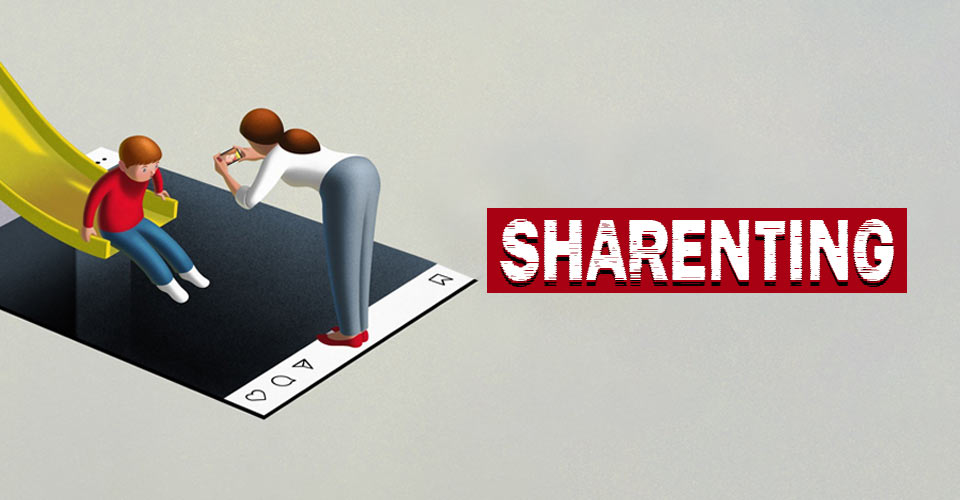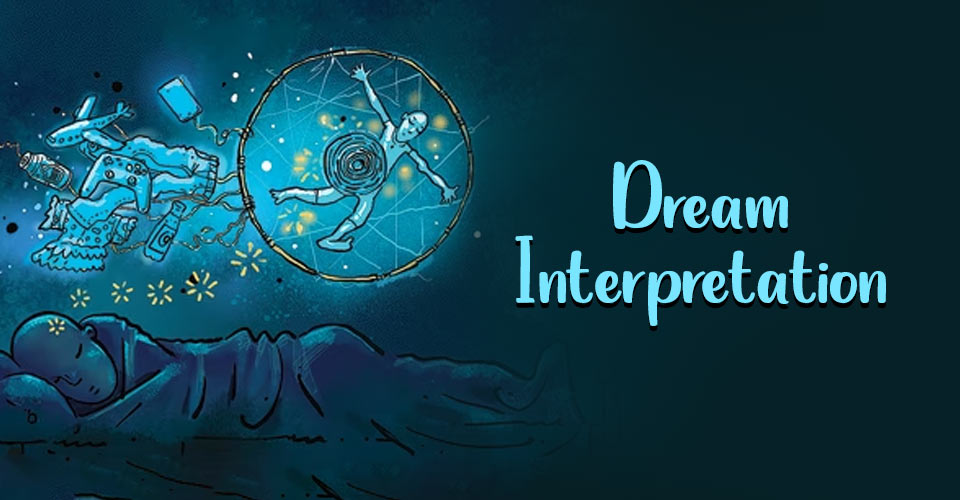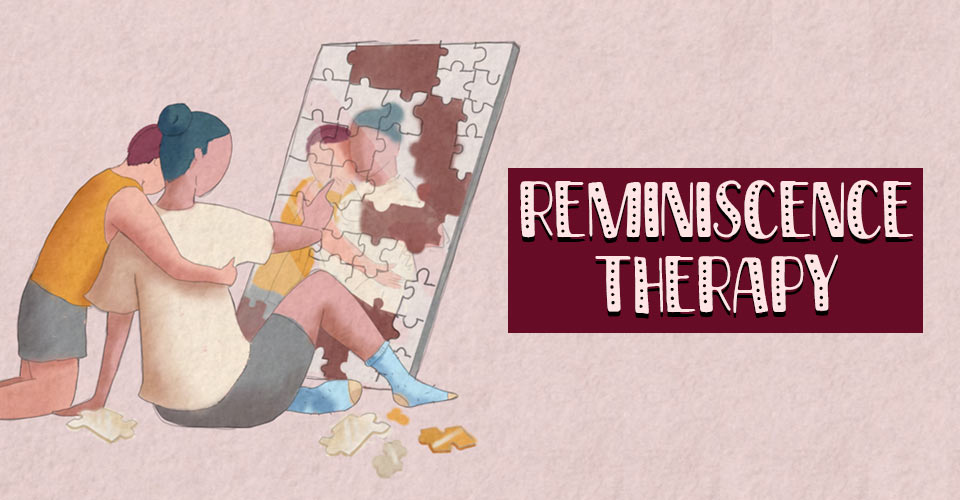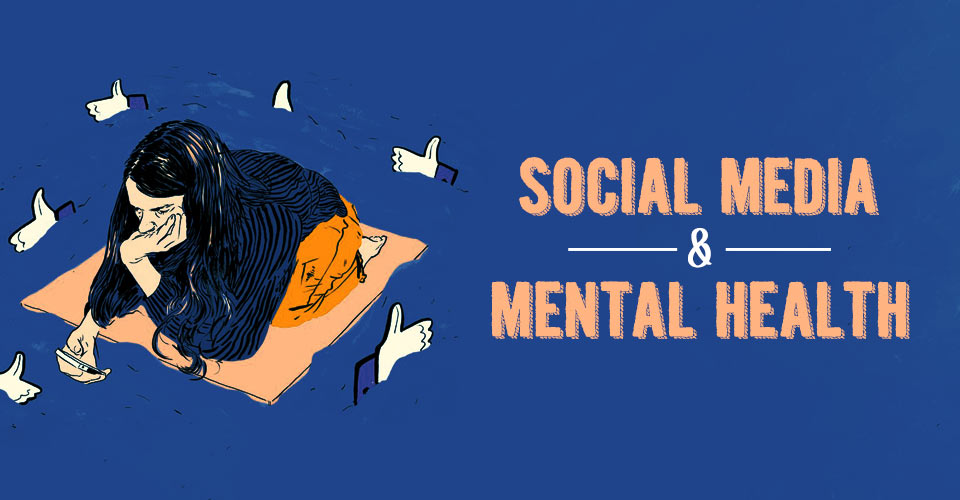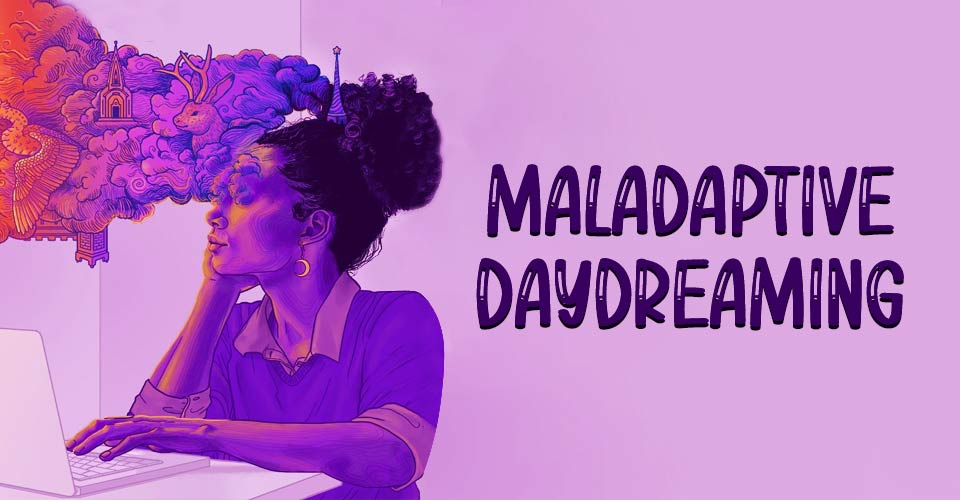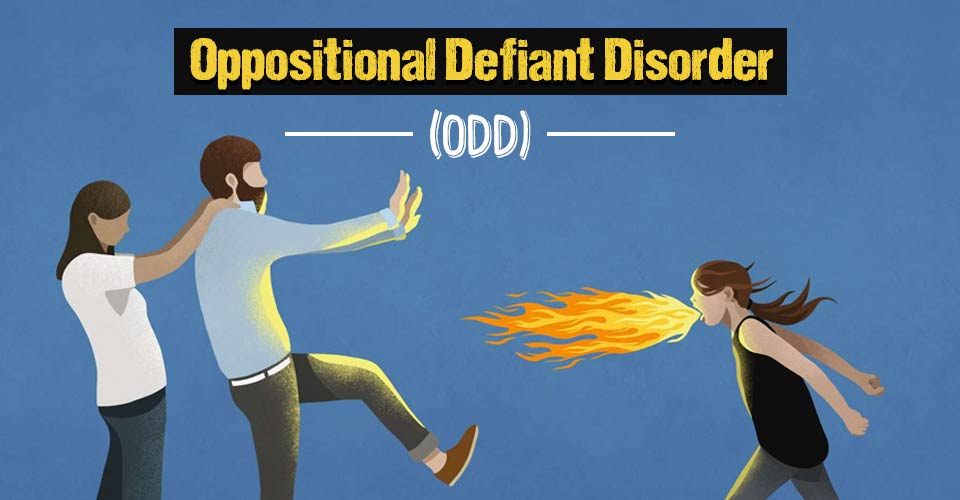Work and mental health are closely intertwined 1 Wilhelm, K., Kovess, V., Rios-Seidel, C., & Finch, A. (2004). Work and mental health. Social Psychiatry and Psychiatric Epidemiology, 39(11), 866–873. https://doi.org/10.1007/s00127-004-0869-7 , with work referring to the activities we do for employment and mental health encompassing our emotional, psychological, and social well-being. The connection between work and mental health revolves around how our work environment, job demands, and satisfaction can significantly influence our overall mental well-being.
The impact of 2 Chopra, P. (2009). Mental health and the workplace: issues for developing countries. International Journal of Mental Health Systems, 3(1), 4. https://doi.org/10.1186/1752-4458-3-4 work on mental health extends beyond the workplace, as it can affect personal relationships, physical well-being, and overall quality of life. Negative impact of mental health in workplace can lead to decreased productivity, increased absenteeism, and higher healthcare costs.
According to a survey, a significant proportion of workers (71%) 3 Morse, G., Salyers, M. P., Rollins, A. L., Monroe-DeVita, M., & Pfahler, C. (2012). Burnout in mental health services: a review of the problem and its remediation. Administration and policy in mental health, 39(5), 341–352. https://doi.org/10.1007/s10488-011-0352-1 believe their employers are now more concerned about employee mental health at work compared to the past. This increased focus on mental health is highly valued by employees, with 81% stating 4 Henderson, C., Evans-Lacko, S., & Thornicroft, G. (2013). Mental illness stigma, help seeking, and public health programs. American journal of public health, 103(5), 777–780. https://doi.org/10.2105/AJPH.2012.301056 that they will actively seek out workplaces that prioritize and support mental health when looking for future job opportunities.

Impact of Work on Mental Health
The impact of work on mental health is significant and can affect both positively or negatively the aspects of an individual’s well-being, such as:
1. Positive Workplace Impact on Mental Health
The impact of 5 Andersen, M. F., Svendsen, P. A., Nielsen, K., Brinkmann, S., Rugulies, R., & Madsen, I. E. H. (2022). Influence at work is a key factor for mental health – but what do contemporary employees in knowledge and relational work mean by “influence at work”?. International journal of qualitative studies on health and well-being, 17(1), 2054513. https://doi.org/10.1080/17482631.2022.2054513 positive workplace on mental health includes:
- Supportive work environment promotes a sense of belonging and psychological safety.
- Opportunities for growth and development enhance self-esteem and job satisfaction.
- Work-life balance policies enable employees to maintain a healthy equilibrium between work and personal life.
- Collaborative and respectful relationships with colleagues foster social support and reduce feelings of isolation.
- Clear communication and feedback channels improve job clarity and reduce stress related to work.
- Recognition and appreciation for accomplishments boost self-confidence and motivation.
- Flexible work arrangements accommodate individual needs and reduce stress levels.
Read More About Self-Esteem Here
2. Negative Workplace Impact on Mental Health Functioning
The negative workplace can affect 6 Chopra, P. (2009). Mental health and the workplace: issues for developing countries. International Journal of Mental Health Systems, 3(1), 4. https://doi.org/10.1186/1752-4458-3-4 mental health negatively, such as:
- High levels of job pressure can contribute to anxiety, irritability, difficulty in concentrating, and poor motivation.
- Poor management practices, such as lack of support or micromanagement, can erode self-esteem and job satisfaction.
- Excessive workload and unrealistic expectations can lead to frustration, disengagement, and decreased motivation.
- Toxic work environments characterized by bullying or harassment can have depressive symptoms, such as sadness, fatigue, poor sleep, etc.
- Limited control over work-related decisions can lead to feelings of powerlessness and reduced job satisfaction.
- Lack of work-life balance can strain personal relationships.
- Inadequate resources and support for mental health issues can exacerbate social isolation.
Read More About Anxiety Here
Impact of Mental Health at Work
The impact of 7 Henderson, M., Harvey, S. B., Overland, S., Mykletun, A., & Hotopf, M. (2011). Work and common psychiatric disorders. Journal of the Royal Society of Medicine, 104(5), 198–207. https://doi.org/10.1258/jrsm.2011.100231 mental health in workplace includes:
- Depression- persistent feelings of sadness, low energy, and difficulty concentrating, leading to difficulty starting or completing tasks.
- Anxiety disorder- excessive worry, restlessness, and intrusive thoughts that can interfere with work productivity.
- Bipolar disorder, including manic episodes with high energy levels and depressive episodes that can affect decision-making abilities related to work.
- Attention deficit hyperactivity disorder (ADHD)- difficulty focusing, organizing tasks, and managing time, which can hinder productivity and attention to detail.
- Post-traumatic stress disorder (PTSD)- flashbacks and intrusive memories of traumatic event, making it challenging to feel safe and secure in the workplace.
- Substance abuse disorders- addiction to drugs or alcohol, leading to absenteeism, poor decision-making, and impaired job performance.
- Schizophrenia, including disorganized thinking, hallucinations, and delusions, which can significantly affect work performance and interpersonal relationships.
Read More About Post-Traumatic Stress Disorder (PTSD) Here

Ways to Improve Mental Health in the Workplace
Here are some ways 8 LaMontagne, A. D., Keegel, T., & Vallance, D. (2007). Protecting and promoting mental health in the workplace: developing a systems approach to job stress. Health Promotion Journal of Australia, 18(3), 221–228. https://doi.org/10.1071/he07221 to improve mental health in the workplace:
- Establish clear boundaries between work and personal life to maintain a healthy work-life balance.
- Make time for activities that promote relaxation, such as exercise, mindfulness, or hobbies.
- Regularly take short breaks throughout the workday to rest and recharge.
- Reach out to supportive colleagues, friends, or professionals to discuss any work-related stressors or concerns.
- Express your needs, concerns, and opinions assertively and constructively with supervisors and coworkers.
- Get enough sleep, eat balanced meals, and engage in regular physical activity to support overall well-being.
- Connect with the deeper purpose and value of your work, whether it’s helping others, contributing to a greater cause, or developing new skills.
- Break down tasks into manageable steps to reduce the stress associated with high workloads.
- Take on responsibilities within your capacity, understanding your own limits and avoiding taking on excessive workloads.
Read More About Mindfulness Here
Takeaway
Maintaining good mental health is essential for optimal performance and well-being in the workplace. Recognizing the impact of work on mental health and vice versa, it is crucial to prioritize self-care, set boundaries, and seek support when needed.
Taking regular breaks, practicing stress management techniques, fostering a supportive work environment, and promoting open communication can contribute to a healthier work-life balance and improved mental well-being.
Read More About Stress Management Here
At a Glance
- The connection between work and mental health revolves around how our work environment can significantly influence our overall mental well-being.
- Supportive work environment and opportunities for growth promote a sense of belonging and psychological safety.
- High levels of job pressure and poor management practices can contribute to anxiety, irritability, difficulty in concentrating, and poor motivation.
- Depression, anxiety, bipolar disorder, or schizophrenia can affect the quality of work in various ways.
- Taking regular breaks, practicing stress management techniques, fostering a supportive work environment can contribute to a healthier work-life balance.
Frequently Asked Questions (FAQs)
1. What should I do if I notice signs of mental health issues in myself or a coworker?
If you notice signs of mental health issues in yourself or a coworker, encourage seeking professional help and offer support and understanding.
2. Are flexible work arrangements beneficial for mental health?
Yes, flexible work arrangements can be beneficial for mental health by promoting work-life balance, reducing stress, and accommodating individual needs and preferences.
3. What are the signs of work-related burnout?
Signs of work-related burnout may include chronic fatigue, decreased motivation and productivity, emotional exhaustion, and increased cynicism or detachment from work.
4. What to do when mental health affects work?
When mental health affects work, it’s important to prioritize self-care, seek support from professionals if needed, and communicate openly with supervisors or HR about the challenges being faced.

